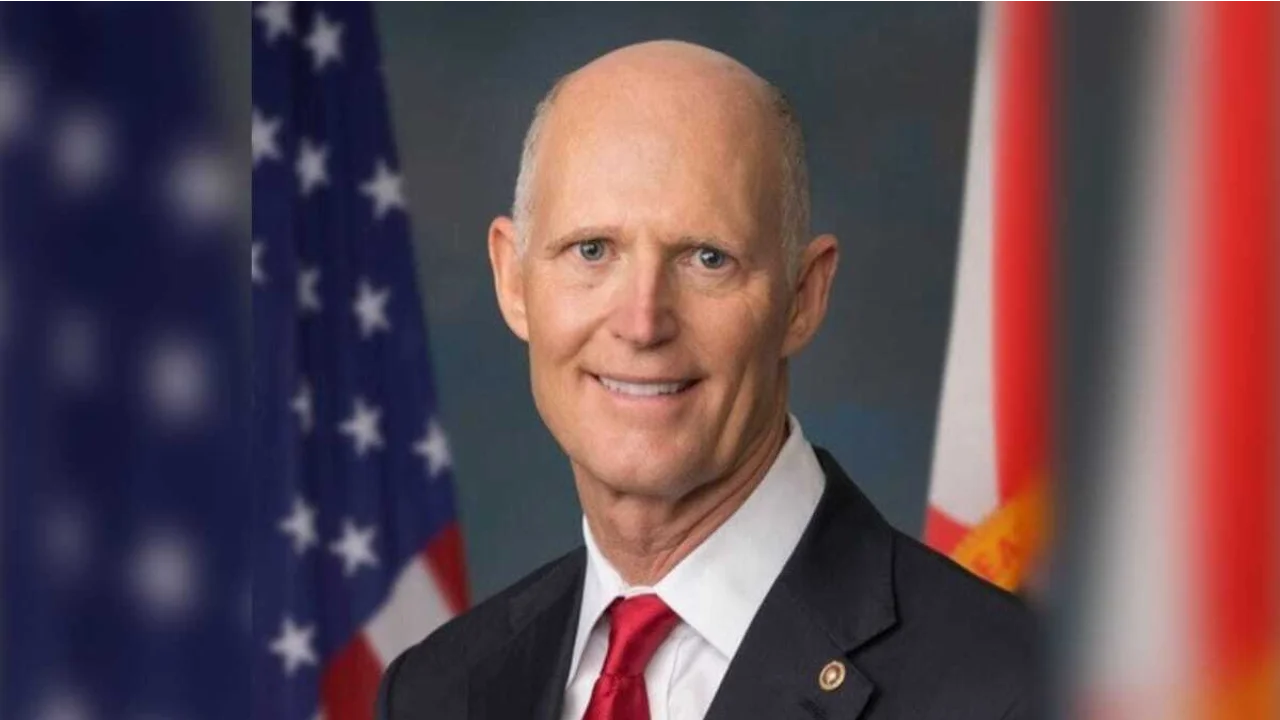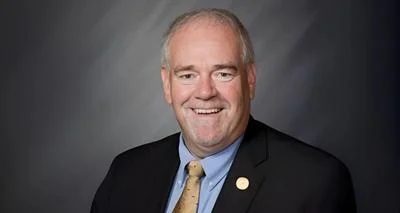Chairman Rick Scott | Official photo
Chairman Rick Scott | Official photo
On Wednesday, October 8, the U.S. Senate Special Committee on Aging will hold a hearing focused on addressing the country's heavy reliance on foreign-made generic drugs and the risks this poses to American patients, especially older adults. The session, titled “Bad Medicine: Closing the Loopholes That Kill American Patients,” follows up on previous committee discussions about vulnerabilities in the supply chain for generic medications.
Committee Chairman Rick Scott and Ranking Member Kirsten Gillibrand will lead the hearing, which aims to identify solutions to these issues. According to the committee, topics will include efforts to build a stronger domestic manufacturing base for generic drugs to ensure that Americans have access to affordable, high-quality, and safe medications.
The hearing will explore potential legislative and regulatory actions designed to address systemic weaknesses in the drug supply chain. Lawmakers are expected to hear from expert witnesses who will offer recommendations such as relocating pharmaceutical manufacturing back to the United States, increasing supply chain transparency, requiring country-of-origin labeling, and closing critical loopholes like the Acetris legal gap that threaten medication safety and accessibility.
Testifying at the hearing will be Tony Sardella, Founder and Chair of the Center for Research Innovation API and Distinguished Health Innovation Fellow at Washington University in St. Louis Olin Business School; Tony Paquin, President and CEO of iRemedy Healthcare Inc.; Andrew Rechenberg, Economist with Coalition for a Prosperous America; and Marta Wosinska, Ph.D., Principal Investigator for Economic Studies at Brookings Institution’s Center on Health Policy.
The hearing is scheduled for 3:15 p.m. in Room SH-216 of the Hart Senate Office Building. A live stream of the event will be available online.
"Bad Medicine: Closing the Loopholes That Kill American Patients" aims to highlight gaps in current regulations while considering measures that could strengthen drug supply chains for vulnerable populations across the country.
###





 Alerts Sign-up
Alerts Sign-up